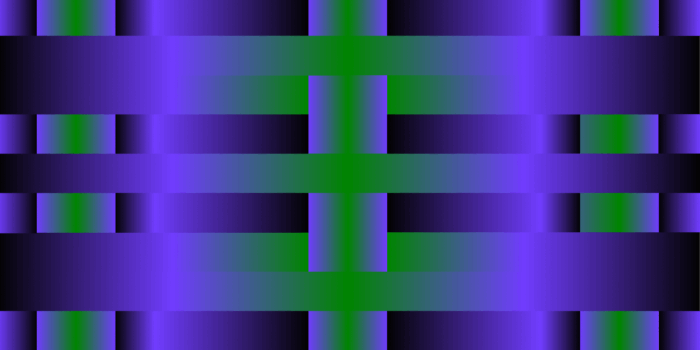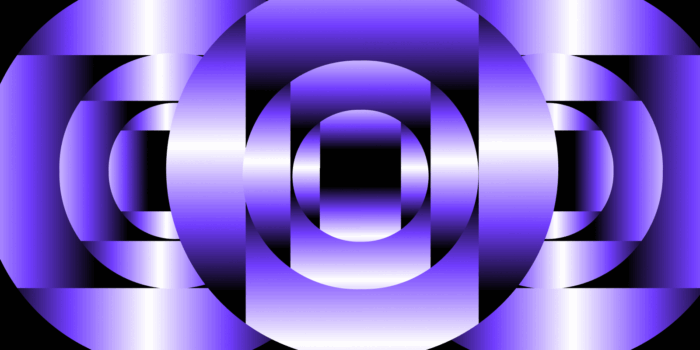The rise of short-form video has taken the digital video industry by storm over the last five years. And it’s no surprise that YouTube, the king of long-form content, has been quick to adopt the new medium with YouTube Shorts.
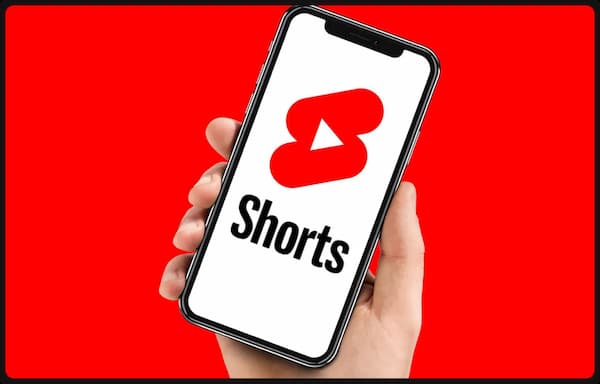
With the launch of Shorts in September 2020, Google has elevated it to the top of its video platform. It has achieved this by making significant investments in the project and giving short-form material more prominence in the suggested tab. In the beginning, this included a $100 million creator fund.
Looking for a YouTube advertising agency?
Can you monetize Shorts on YouTube?
Yes, you can monetize Youtube Shorts as a way to earn money from your own content. Monetizing Youtube Shorts is a little different from long-form Youtube videos for a few reasons.
When you click on a long-form YouTube video, more often than not, you will be served with an ad. By watching that ad, you generate a small amount of money for YouTube and that creator. The more views the video receives, the more money that gets generated – effectively acting as a snowball effect.
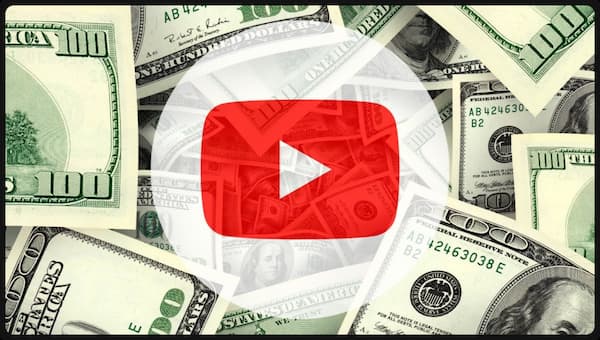
The difference here with Shorts videos is found in how the ads are distributed.
Instead of playing advertisements before every video, YouTube now places them in between videos as you navigate through the Shorts player. Based on views, the monthly distribution of ad money to YouTube Shorts creators is pooled.
Instead of playing before every video, YouTube will place ads between videos as you’re scrolling through the Shorts player. The revenue generated from advertisements is then pooled together at the end of each month, and distributed between Shorts creators based on views.
That said, there are other sources of monetization outside of Shorts revenue sharing that include:
- YouTube Fan Funding
- YouTube Premium subscription revenue sharing
- YouTube Channel Store
Google is heavily favoring short-form creators in the YouTube algorithm in an effort to make up for this disparity for creators. For individuals who are interested in short-form video content, this provides a clearer route to platform growth.
YouTube Revenue Share
YouTubers who make money off of their content are eligible for the revenue share scheme. YouTube retains a 45% portion of the gross revenue, with the producers receiving the remaining 55%.
This revenue split is already accounted for within your YouTube Dashboard.
But there are some requirements you must reach first in order to become eligible for monetization on YouTube.
How do you get monetized on YouTube Shorts?
There are two monetization modules: Fan Funding and the YouTube Partner Program (YPP). These monetization opportunities differ in terms of the requirements needed to unlock them. So let’s get a lay of the land; starting with Fan Funding.
To receive Fan Funding, you have to reach 500 subscribers, submit three public videos during the previous ninety days, and receive three million Shorts views in that time frame.
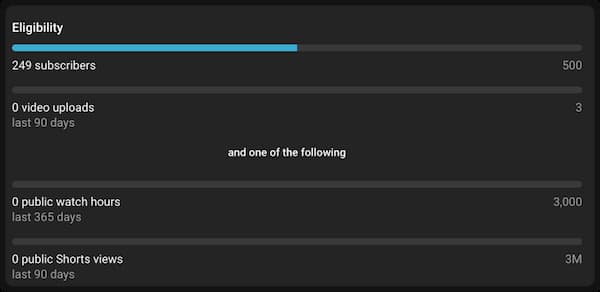
To unlock the YouTube Partner Program – which puts your channel in the Shorts ad revenue pool – you need to reach 1,000 subscribers, and have garnered 10,000,000 public Shorts views over the last 90 days.
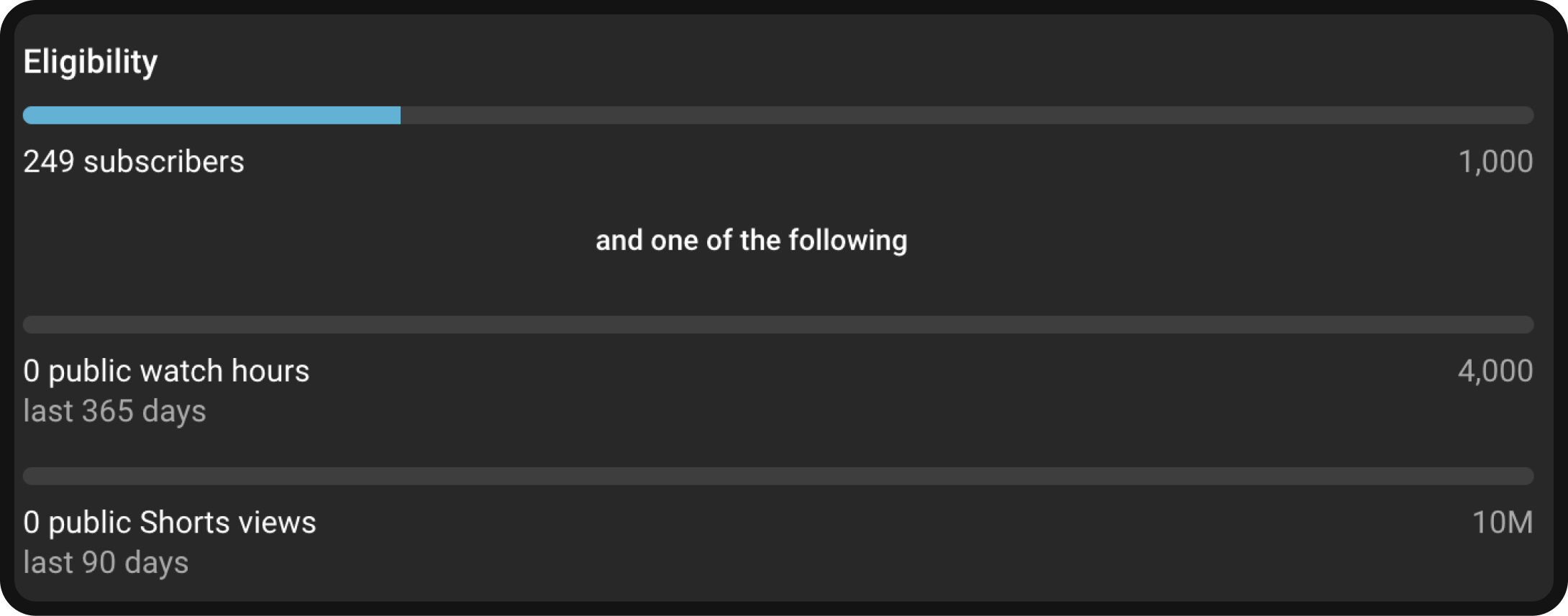
Point of clarification for the graphics: public watch hours only count if they’re from long-form videos
Once you’ve reached these requirements, you will be able to submit your channel to YouTube for review. This is where things could get a little dicey though, as YouTube has strict policies you must not break if you want to get monetized.
One of the main qualifiers is ensuring your content is transformative. Do not expect to pass YouTube’s monetization check if you are just re-uploading content from other sources. After fulfilling the previous requirements, you should be approved for the YouTube Partner Program membership and earn Fan Funding, provided that your work doesn’t excessively utilize content from Third Parties and adheres to program guidelines
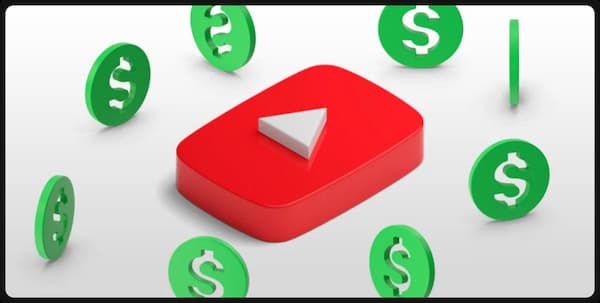
But, this begs the question…
How much does YouTube pay for Shorts content?
A few factors will determine how much money you can make from Shorts, but generally speaking, you should aim to earn between $0.01 and $0.15 for every thousand views.
1 Million Publish Shorts Views = $50 – $60
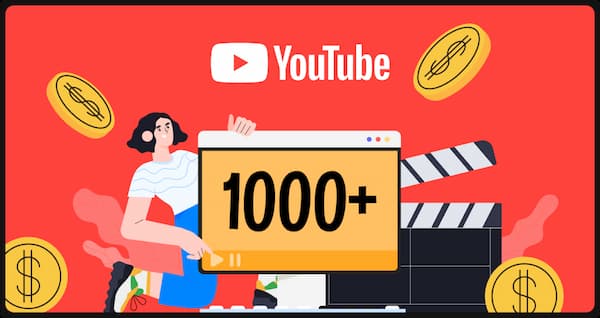
That being said, a lot of this is dependent on CPM; which is the cost an advertiser must pay per every thousand impressions of their ad. This metric represents how much advertisers can expect to pay to advertise within a specific niche.
The higher a niche’s CPM, the higher you can expect your RPM to be. Niches like investing, health, and makeup are known to carry much higher CPMs. Additionally, performance metrics play a role as well.
Unfortunately though, revenue from Shorts is significantly lower than the money from ads you’d receive on long-form content – which typically averages anywhere between $1 – $30 per 1,000 views, meaning you’ll need millions of views to earn sustainable revenue. Though, this is where revenue streams like Fan Funding can really help!
YouTube Fan Funding
Viewers can choose from a variety of different methods to support eligible creators, including…
- Channel Memberships
- Super Thanks
- Super Chat
- Super Stickers

Channel memberships have become crucial because they let you provide viewers with rewards like badges, member-only live streams, and unique content. Memberships start at $4.99, and developers have the ability to designate levels with varying costs and benefits
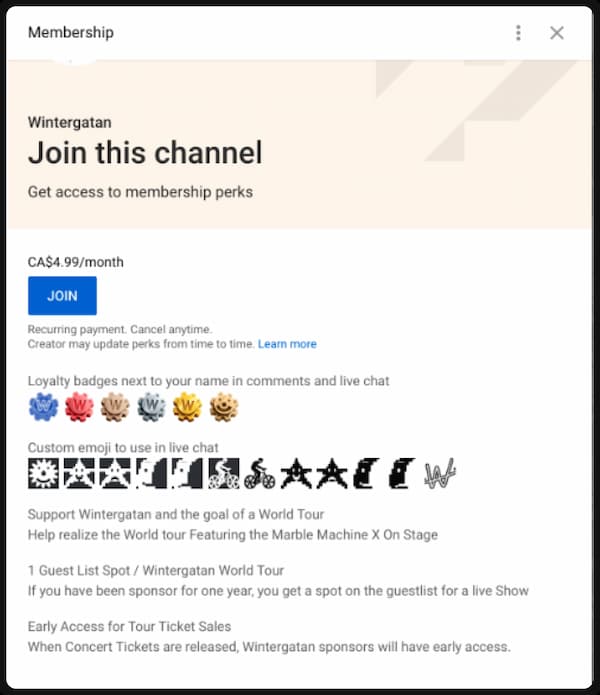
Super Thanks are also great, as viewers can show their appreciation for your content by donating in the comments of one of your Shorts! There are four donation tiers, ranging from $2 to $50. You receive 70% of the Super Thanks revenue under YouTube’s revenue sharing model.
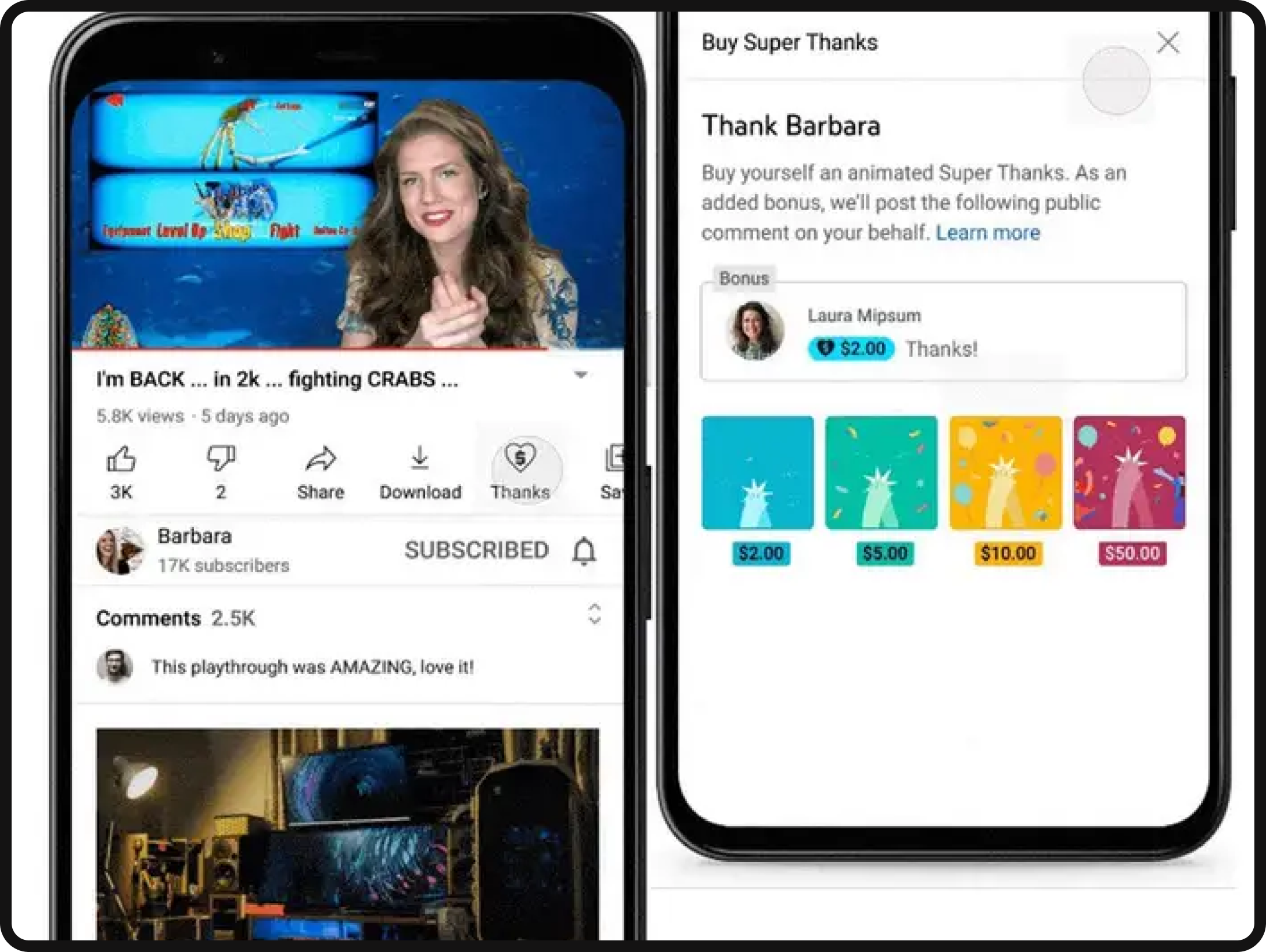
Both of these features will be really helpful when it comes to making money through Shorts!
YouTube Demonetization
Once monetized, there are certain community guidelines your channel must follow to remain monetized under YouTube’s monetization policies.
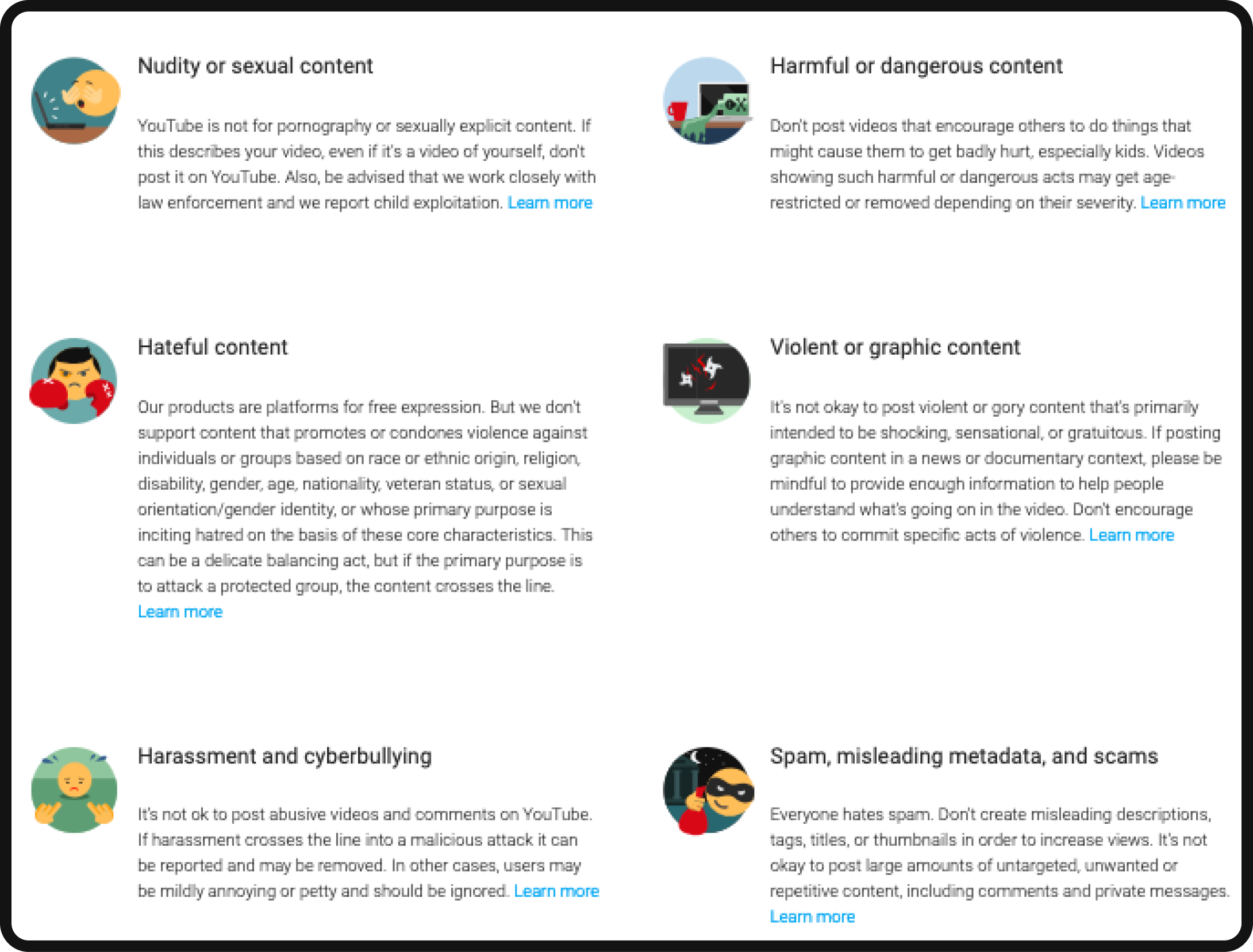
Deviation from these guidelines may lead to demonetization of certain videos or the channel as a whole. At worst, it can result in the removal of your channel from the YouTube Partner Program.
Affiliate Marketing on YouTube
YouTube allows its creators to advertise their affiliate programs within video descriptions. That is, as long as you disclose that you receive commissions from the links. Same thing goes for product reviews – even a digital product review.
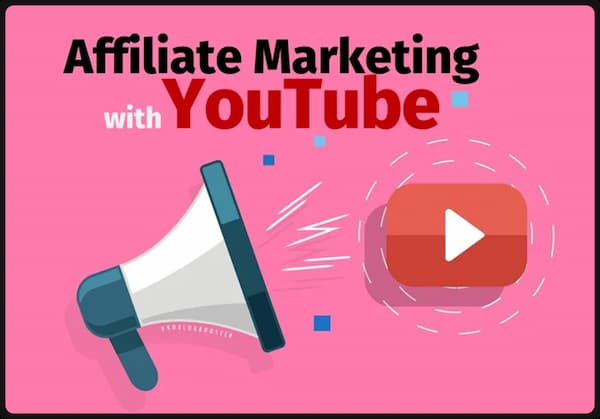
Not being transparent about affiliate links or sponsorships can not only lead to demonetization, but can also lead to the FTC getting involved… which is never fun. So, just make sure you’re covering your bases!
Music Usage on YouTube
YouTube does not play around with copyright infringement when it comes to music usage. In the base agreement for monetization, YouTube relieves themselves of any responsibility for creators using copyrighted music. But they will adhere to copyright claims and copyright strikes coming in from a music publisher, usually without question or resistance on the creator’s behalf.
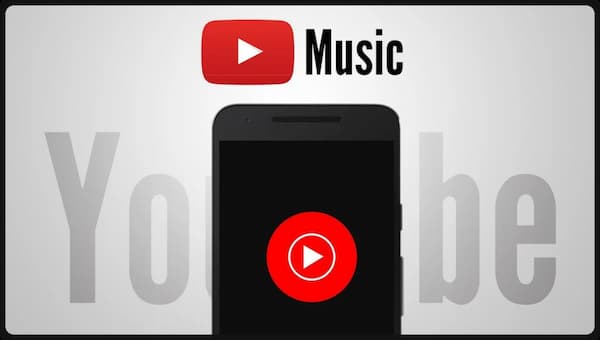
Costs of proper music licensing may be high, but those music licensing costs are much lower than a lawsuit… so be careful with YouTube music. There is also plenty of non-copyright music floating around on the platform that you can use in your videos.
That’s the rundown of YouTube’s monetization option within Shorts. You now hopefully have a better idea of what each eligibility requirement entails, along with what income from Shorts might look like!
Now, get out there and make some popular Shorts content!

